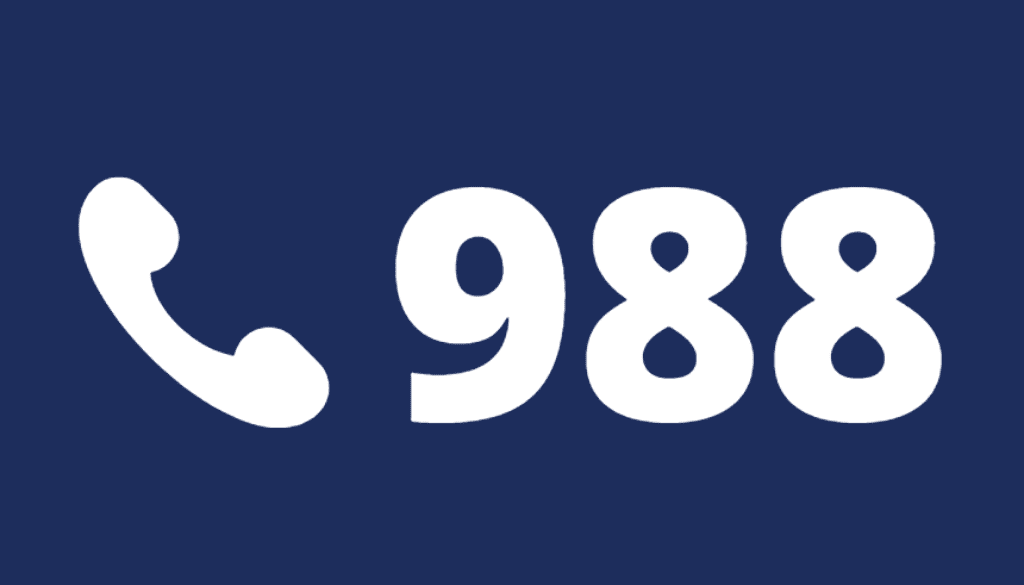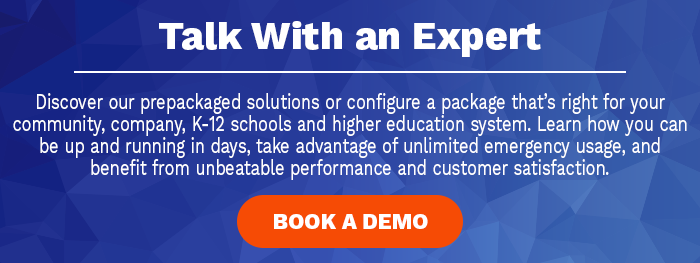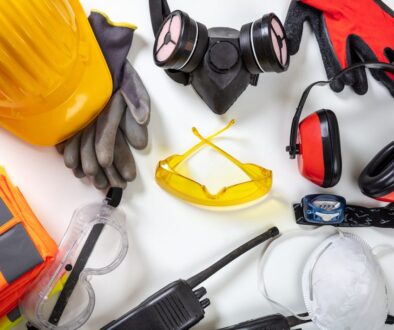Why Public Agencies Should Take Care Promoting 988
Currently, when an individual is experiencing a mental health crisis, they or a family member can seek professional help by calling the National Suicide Prevention Lifeline or Veterans Crisis Line. However, these services have a ten-digit telephone number (1-800-273-8255) which mental health professionals believe limits the frequency with which they are used due to “people experiencing anxiety or depression [having] problems with working memory and processing”.
For several years, there have been calls to replace the ten-digit telephone number with a three-digit dialing code which would make the number easier to remember; and, in July 2020, the Federal Communications Commission approved the use of 988 “to help individuals in crisis get access to help and resources more efficiently and with less barriers than current systems”. The designation of 988 as the universal mental health crisis hotline was sanctioned by Congress last October.
The implementation of the 988 code will not take effect until July 16th, 2022. Thereafter, when an individual calls 988, their call will automatically be rerouted to the geographically closest National Suicide Prevention Lifeline call center where they will be connected to a trained counselor who can address their immediate needs and organize ongoing care. At the present time, there are around 170 call centers in the National Suicide Prevention Lifeline network.
Potential Issues with how the 988 Service is Perceived
Although lifeline counselors have the authority to call 9-1-1 for an “active rescue” without the caller’s consent when they believe the caller is at “imminent risk”, the primary purpose of the 988 service will be to prevent mental health crises escalating into emergencies – not to respond to emergencies caused by an individual in crisis. However, distinguishing between when a person should call 988 and when they should call 9-1-1 could become a problem if the service is perceived in the wrong way.
If the 988 service is perceived in the wrong way and utilized by people to report emergencies caused by an individual in crisis, there will be two serious consequences. The first is that the service will not be able to cope with emergency calls in addition to the anticipated increase in crisis calls. The second is that calling 988 in an emergency will delay the emergency response while callers wait for their calls to be transferred to 9-1-1. This could result in more severe adverse outcomes for all involved.
How Public Agencies Can Promote 988 to Avoid Confusion with Smart911
One of the ways to promote the 988 service is to do so alongside a service such as Smart911, and explain the differences between the two. For example, 988 is a service that provides help and support for people in crisis and Smart911 is a service that helps identify individuals with access and functional needs for first responders and accelerate response when a crisis becomes an emergency. In this way, people will distinguish between the purposes of each services and avoid using 9-1-1 as a counseling service or delay response in life-threatening incidents by calling 988.
In conclusion, it is hoped the designation of 988 as the universal mental health crisis hotline number will have the desired effect and encourage more individuals in crisis to seek professional help. However, public agencies should take care how the service is promoted in order to avoid confusion and delay the dispatch of emergency responses. To find out more about how Smart911 can accelerate responses when a crisis becomes an emergency, do not hesitate to get in touch.





